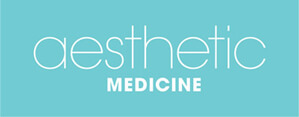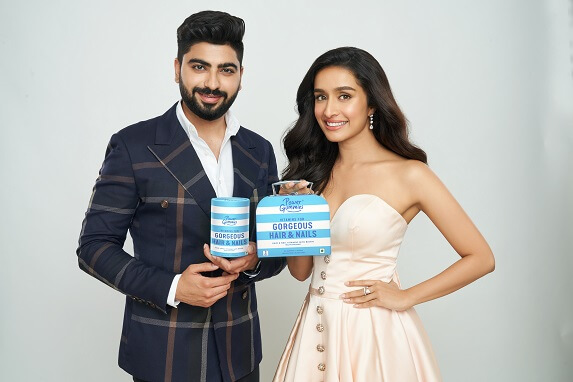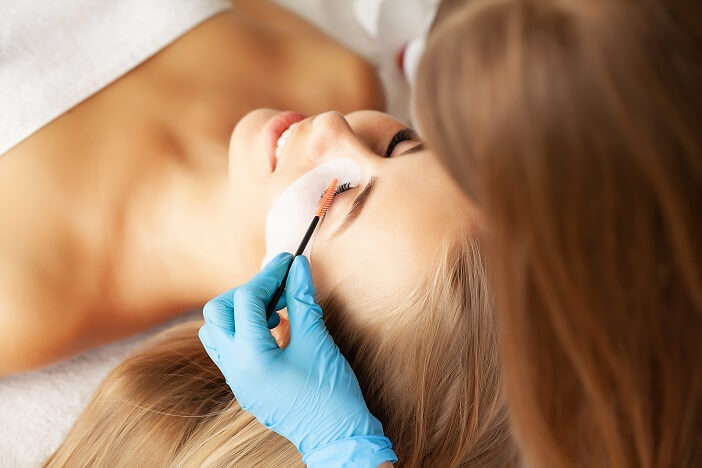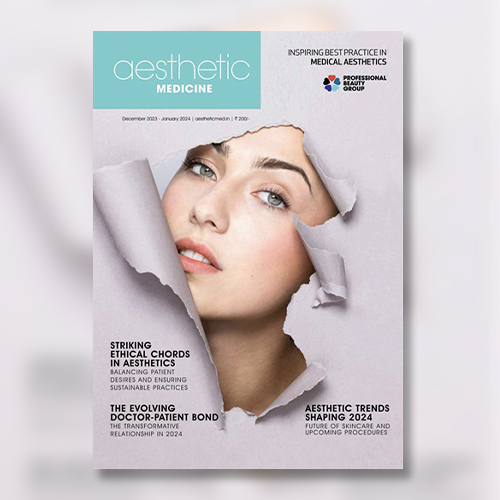Any idea how much social media influences people’s desire for cosmetic procedures? We constantly see images of picture-perfect models who seem to have it all, from Instagram to Snapchat.
It is no surprise that this has led to an increase in the number of people seeking cosmetic procedures and treatments. However, a recent study has linked social media habits to cosmetic surgery urges.
But have you heard of “Snapchat dysmorphia”? People coined this term to describe the phenomenon of wanting to look like their filtered selves on social media.
It’s clear that social media significantly impacts our self-perception and body image. That’s why, cosmetic procedures to enhance one’s look have grown in popularity among those who value perfection in their appearance.
How does social media use link to a desire for beauty procedures?
A recent Clinical and Aesthetic Dermatology study found an unhealthy link between social media use, photo-editing apps, and cosmetic procedures. According to the study, people who use social media and photo-editing tools are more likely to get cosmetic surgery.
During the COVID-19 epidemic, cosmetic focus increased. However, co-author Neelam Vashi notes a lack of data on influencing factors. Vashi is the director of the Boston University Cosmetic and Laser Centre at Boston Medical Centre and an associate dermatology professor.
These compelling correlations bring attention to the potential impact social media has on our self-image. It also highlights the importance of considering the potential effects of social media on our thoughts and behaviours. So, continual exposure to impractical beauty norms can also increase self-consciousness and a drive to achieve perfection.
The role of influencers and celebrity culture
Cosmetic surgery and social media increasingly intertwine for self-expression and connection. Influencers and celebrities play a big part in shaping customer behaviour and beauty standards, as the study reveals.
It’s interesting to see how celebrity culture and influencer marketing can have such a big impact on our perception of beauty. They further recommend becoming more mindful of the risks of social media and excessive beauty standards.
So, people should understand that a procedure that works for one person’s feature might not work for another.
Survey methodology and findings
This study has led to new areas of research, and the results could completely change the beauty treatment business. The research involved surveying patients about their social media usage patterns and their aspirations regarding cosmetic procedures. Results showed that Snapchat and Instagram usage directly affected respondents’ demand for cosmetic enhancements.
The study found that editing selfies with FaceTune, Lightroom, and Snapseed correlates with considering cosmetic procedures. It appears that these apps have the potential to promote unattainable ideals of beauty and fuel an unhealthy obsession with physical perfection.
Recognise the impact
We cannot ignore the impact of social media on beauty standards. It’s crucial to recognise how this affects people’s decisions around cosmetic treatments.
As a practitioner, understanding these trends and motivations can help you cater to the changing desires of your patients. This study highlights the importance of staying aware and adapting to the evolving landscape of cosmetic desires.










